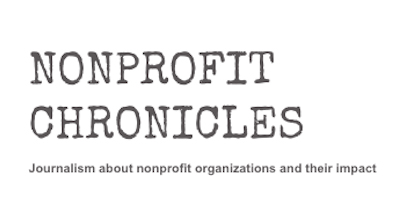Natalie Bridgeman Fields: Holding the Powerful Accountable

A saintly aura follows Jim Yong Kim as he glides from stage to stage, at the Skoll World Forum, the London School of Economics, the Global Philanthropy Forum and the spring meetings of the World Bank, over which he presides. The introductions are kind, the questions invariably gentle, the resume glittering: A physician and an anthropologist, Kim is co-founder of Partners in Health, the much-celebrated nonprofit that delivers health care to the global poor; a Harvard Medical School prof; the former director of the World Health Organization’s HIV/AIDs unit; the former president of Dartmouth College; and now, as head of the World Bank, an organization whose work is anchored in two goals: “Ending extreme poverty and “promoting shared prosperity in a sustainable manner.” Kim is now a film star, too, in Bending the Arc, a new documentary about Partners in Health, which was screened at the bank during its spring confab.
Often, Kim reminds listeners that he was once a fierce critic of the World Bank, even calling for its shutdown. In the introduction to a book called Dying for Growth, Kim wrote that the penalties for the failures of development finance “have been borne by the poor, the infirm, and the vulnerable in poor countries that accepted the experts’ designs.” He objected, in particular, to the bank’s demands for “structural adjustments,” that is, the privatizations and cutbacks in government services that the bank required before lending to governments of poor countries. Those policies were mostly gone by the time Kim was named president of the bank in 2012. Indeed, he said then that “the bank has shifted tremendously since that time, and now the notion of pro-poor development is at the core of the World Bank.”
But is it, really? Natalie Bridgeman Fields, who is the founder and executive director of a nonprofit called Accountability Counsel, isn’t so sure. Accountability Counsel is one of several small nonprofits–others include the Bank Information Center, EarthRights International, SOMO and Inclusive Development International–that work to make sure that the World Bank, and other financial institutions and global companies, respect the rights of the poor to help shape the development projects that affect them.
“Accountability Counsel,” says Fields, “serves communities to make sure their voices are heard when they’re harmed by internationally financed projects, like dams, mines and pipelines.” It’s a job that needs doing because an internal watchdog at the World Bank Group says the institution is not tracking its social and environmental impact as well as it should, particular at the International Finance Corporation (IFC), a unit of the World Bank Group that makes loans to the private sector…
Read the full article here.

